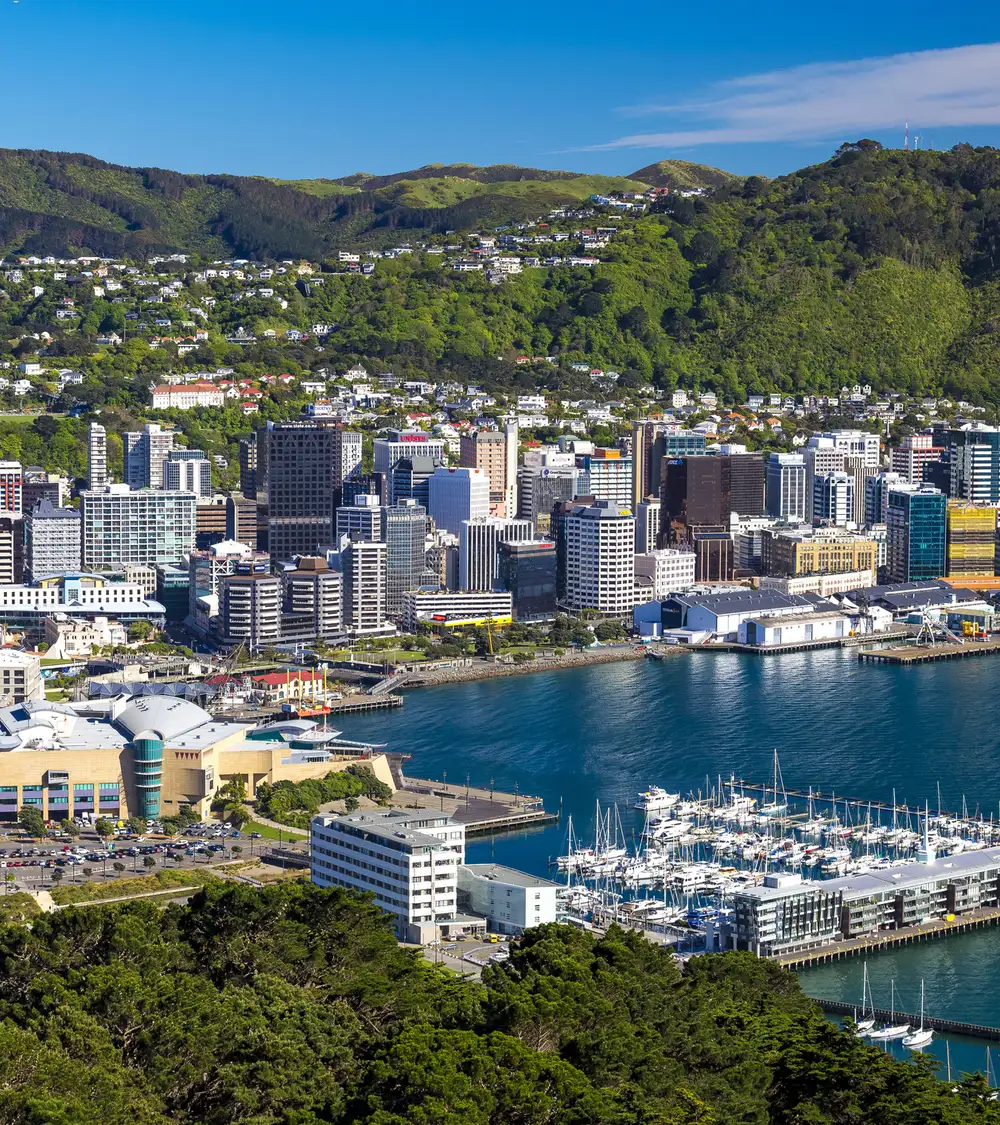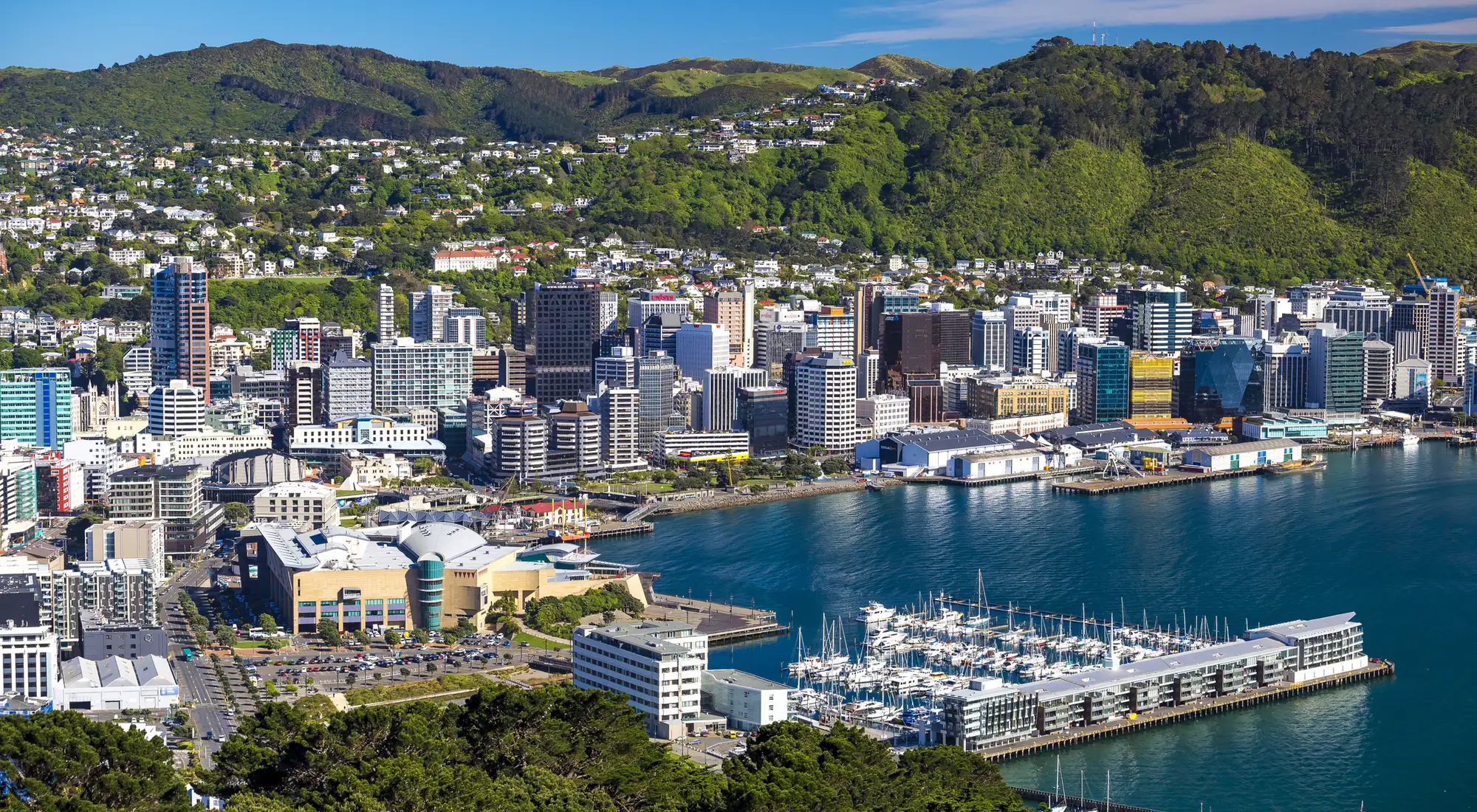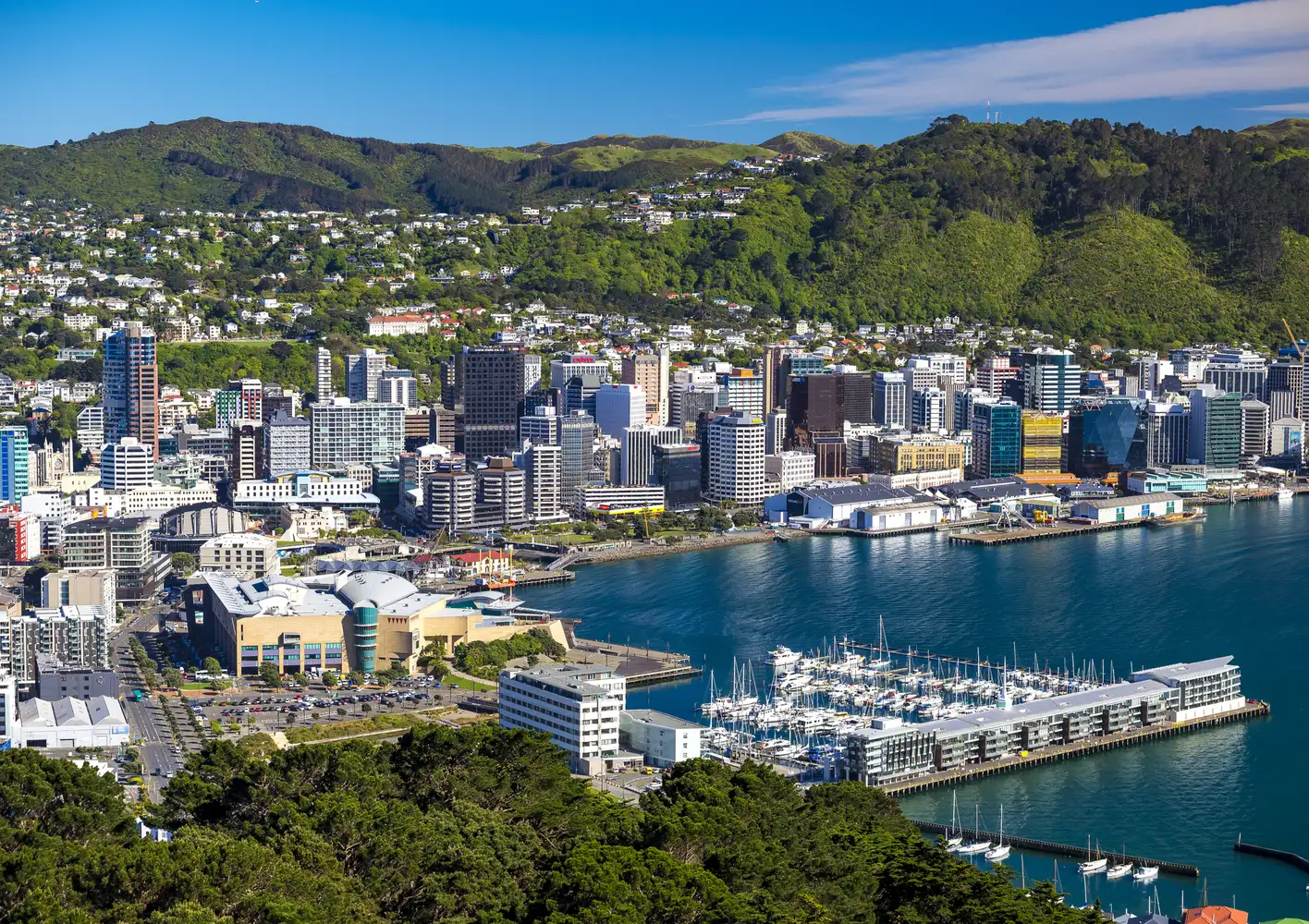Explainer: regional deals framework



29 August 2024
Local Government Minister Simeon Brown announced a framework for Regional Deals to support economic growth, critical infrastructure and housing at SuperLocal last week.
Decisions on the first wave of Regional Deals will start with an invitation-only expression of interest process for up to five regions, with the aim of agreeing deals by the end of 2025.
Expressions of interest will be assessed against several criteria:
- Alignment with the strategic framework
- Growth potential
- Commitment to a regional spatial plan
- Capability
- Capacity
- Readiness to deliver and
- The commitment of council to fiscal prudence and meeting regulatory standards (including economic and water quality regulation).
The framework requires regional deals to include:
- A 30-year vision and a 10-year strategic plan, aligning with local government planning cycles
- Opportunities for the private sector and iwi/Māori to participate
- Oversight bodies with independent chairs, which could build on existing structures, and a strong emphasis on monitoring and reporting and
- Support for implementing deals which could include access to new funding tools like a share of crown mineral royalties or accommodation levies, and regulatory relief. Private sector entities may also be given access to new central government levers.